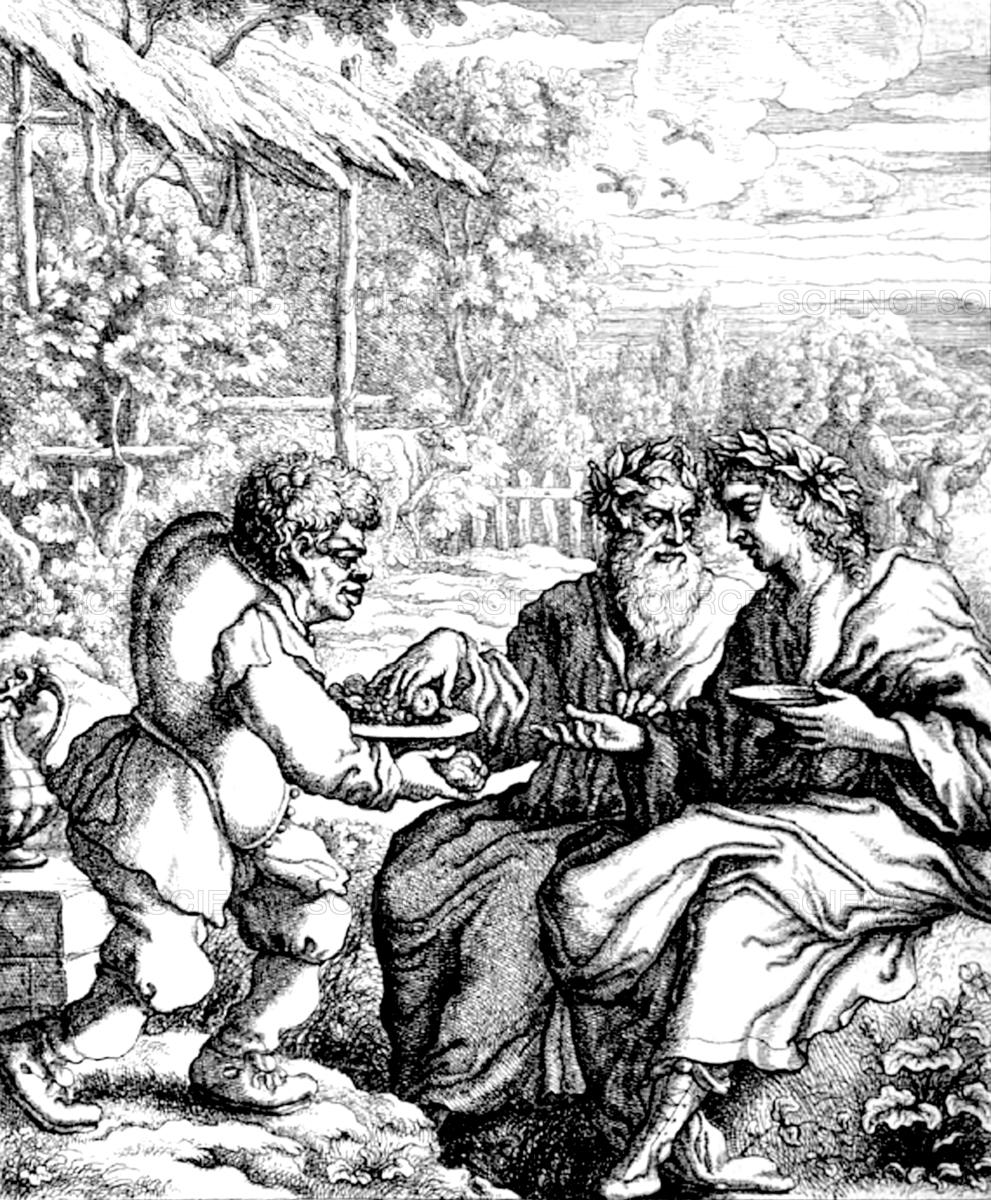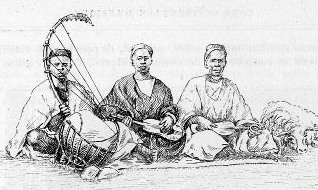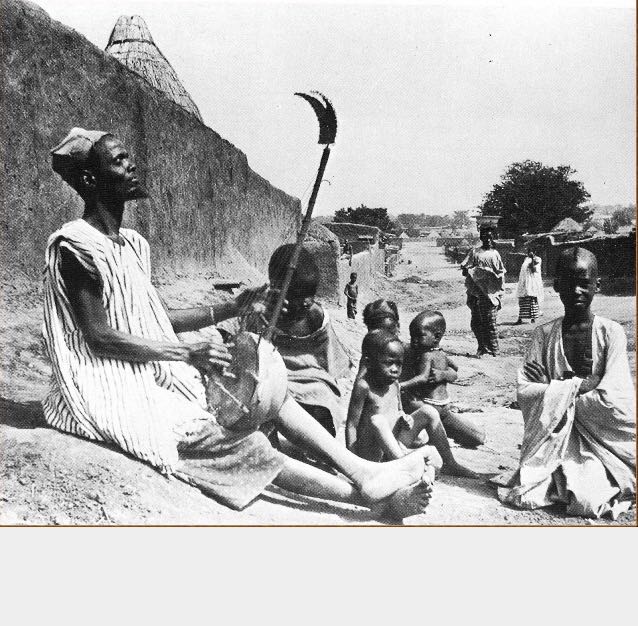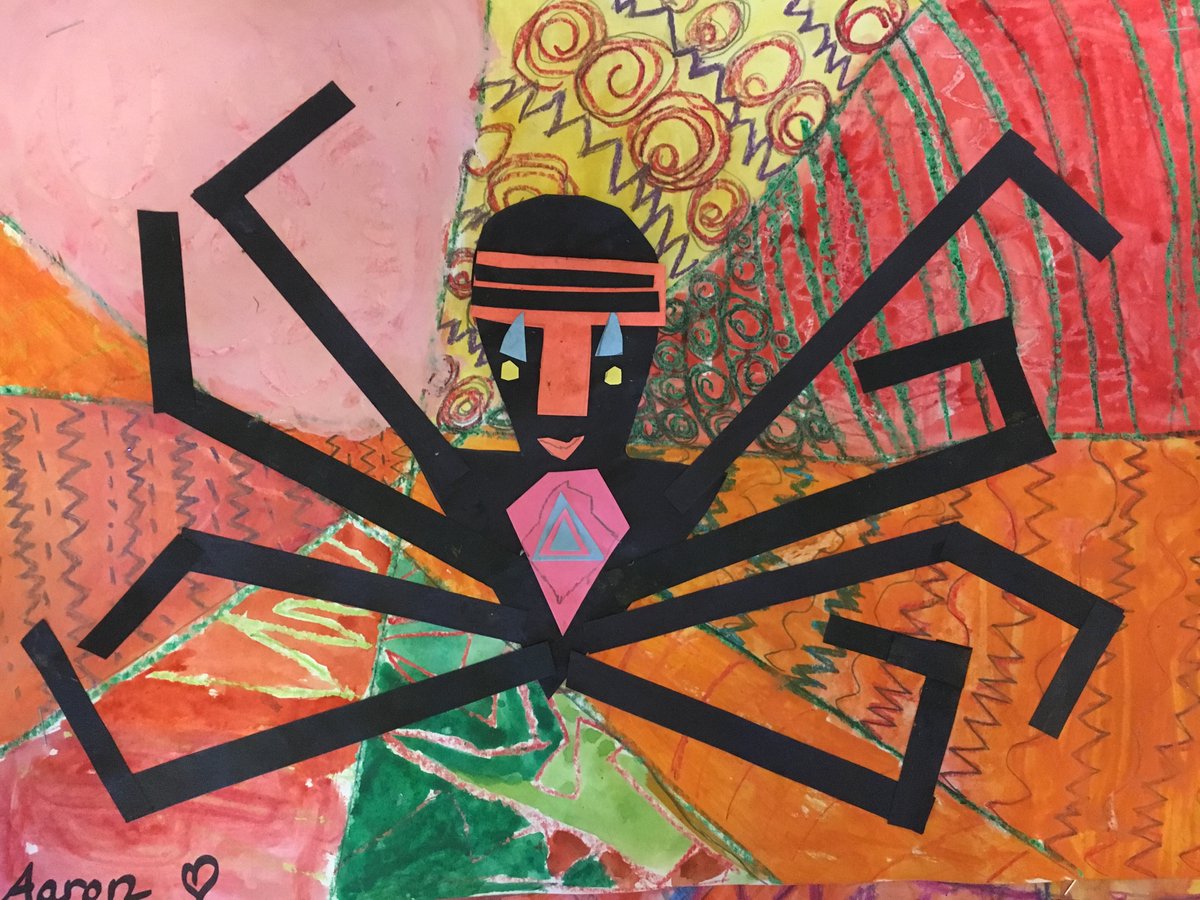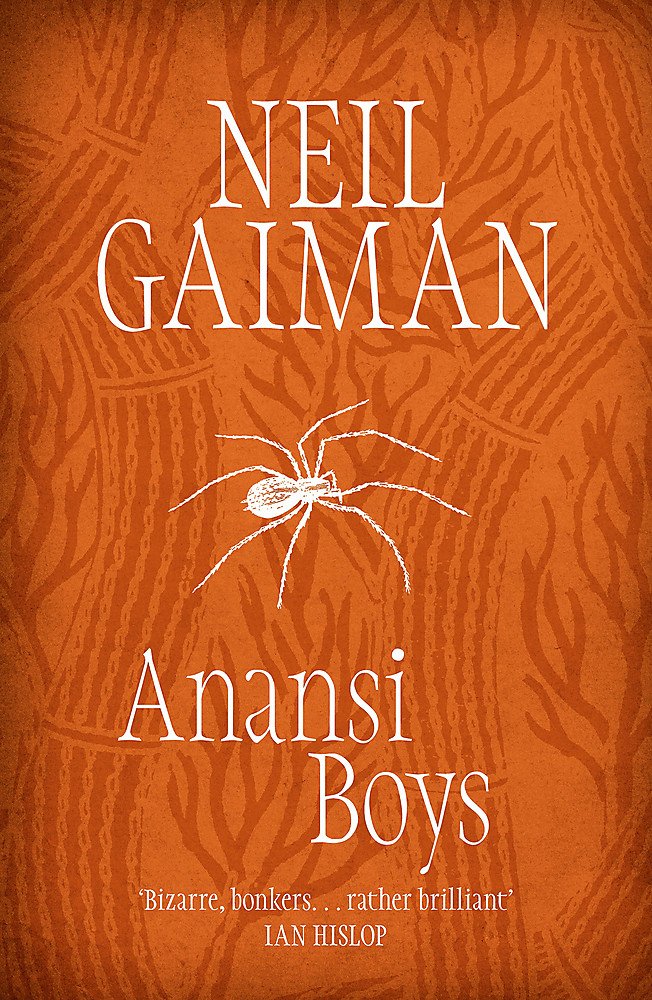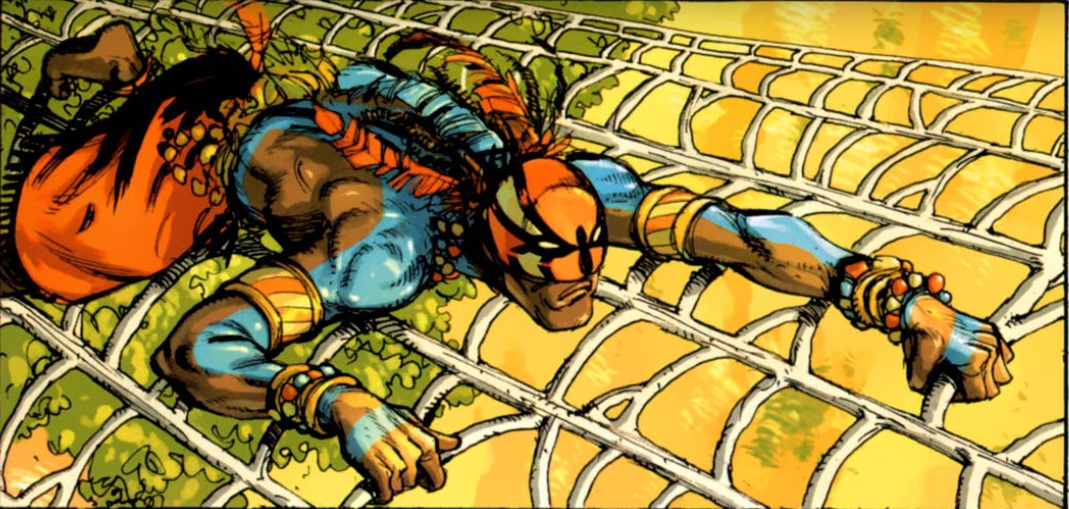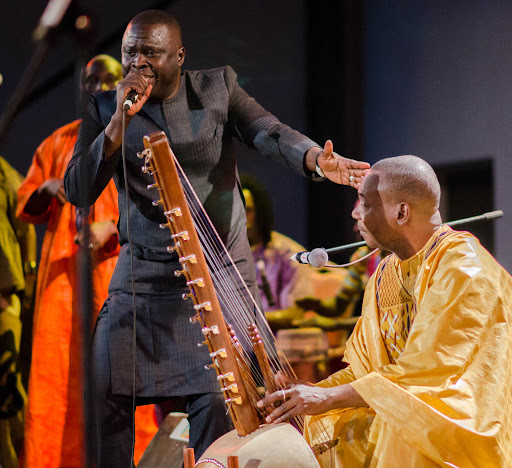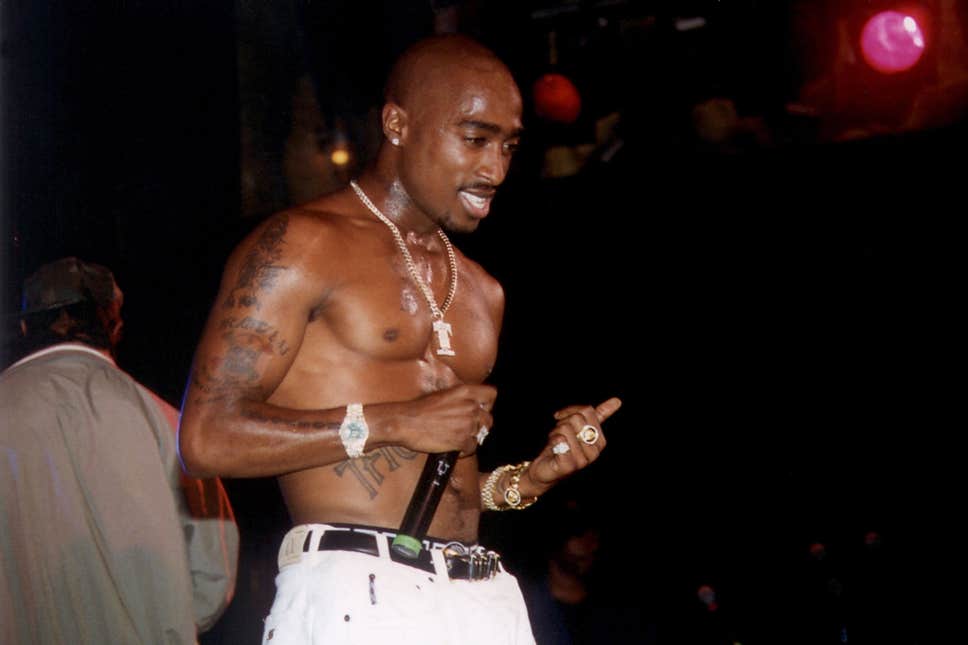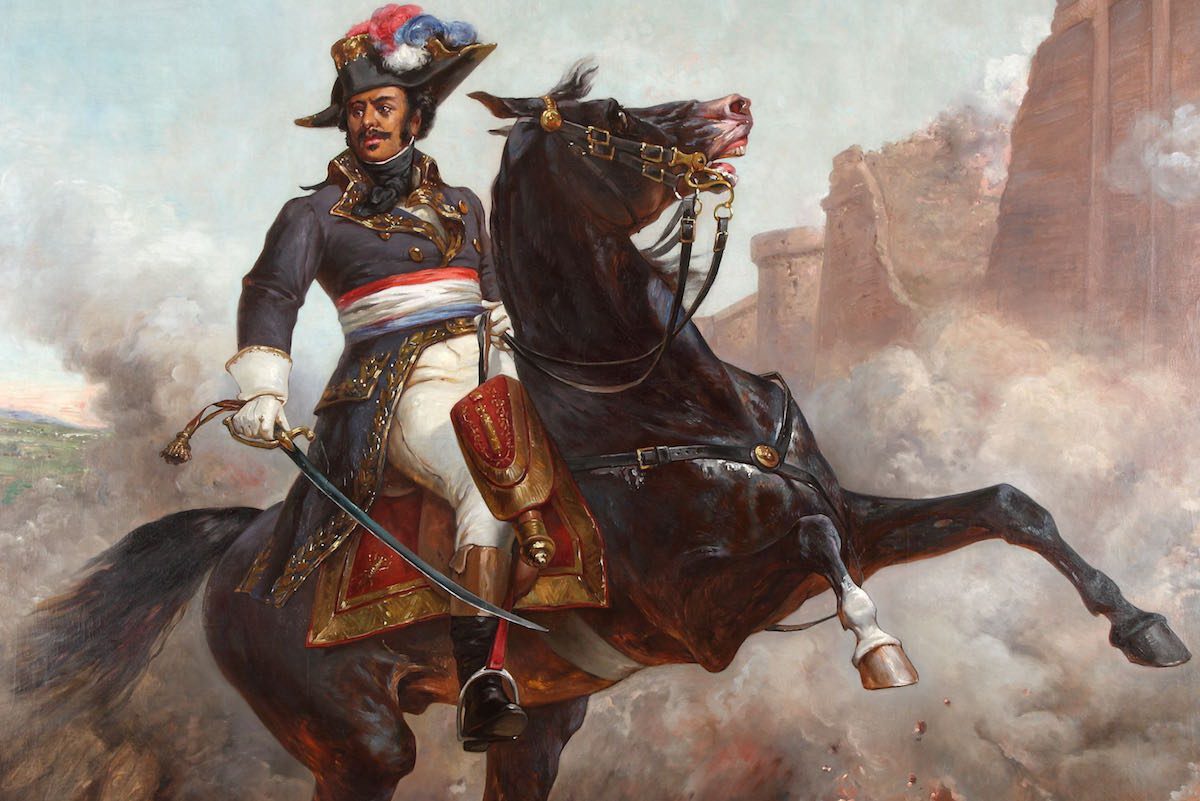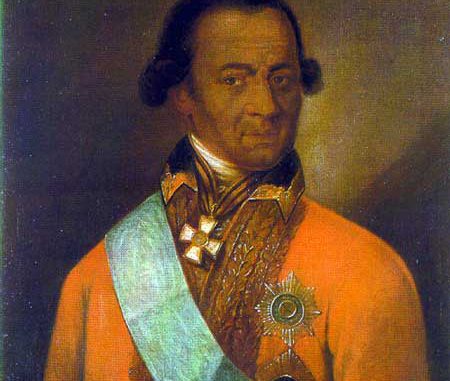From Aesop to Rap: The History of African Oral Storytelling
Thank you to everybody who has read, liked, retweeted, and commented on the stories I& #39;ve told so far. I hope you& #39;ve enjoyed reading them just as much as I& #39;ve enjoyed sharing them!
This is my final thread of the #takeover kindly and generously hosted by @KateWilliamsme. In honour of all the stories told, I would like to end by telling you a little of the origins and evolution of African oral storytelling, from Aesop to rap.
I like to begin with Aesop because he& #39;s one of the first African oral storytellers known to us. As are his titular fables with classics such as The Tortoise & the Hare imparting simple and insightful morals.
In his own day, he was known for his lightning-quick wit, his encyclopaedia-like knowledge of the natural world, his profound understanding of human nature, and his sharp tongue, which, more than once, landed him in trouble!
The Griots of West Africa (whose ancestors migrated from the east) shared many of these same fine qualities (except, perhaps, for the last one!). Their job was, and is, to remember and re-tell the histories of their people, and they were, and are, specially trained for this role.
In Ashanti culture, the individuals who take up this same role is called the & #39;okyeame& #39;. And one of our most popular folklore heroes, Ananse, is known as the trickster god of storytelling. He pervades even Western culture, as a character in novels and comic books.
When those from modern-day Ghana were transported to America via the trans-Atlantic slave trade, they took with them the stories, songs, and poems of their homeland. Stories about Ananse were popular because, in them, he often outsmarts those more powerful than himself.
These songs and stories were shared between and among the enslaved Africans of the southern US and the Caribbean (Ananse is known to some in the US as Aunty Nancy). They were the origins of slave songs, which developed into blues, which partly developed into rock and so on.
As for rap and hip-hop, the themes, instrumentals, storytelling, and poetic devices used by the practitioners of this form of music are very similar to those used by African oral storytellers both ancient and modern.
It is worth mentioning, too, that the African storytelling tradition might have partly influenced the evolution of Western literature!
Two of the most famous Romantic authors, Alexander Dumas and Alexander Pushkin, were descended from Africans. The man on the horse is Thomas-Alexandre Dumas, a celebrated French general, and the other is Gannibal, godson of Peter the Great and Pushkin& #39;s Great Grandfather.

 Read on Twitter
Read on Twitter